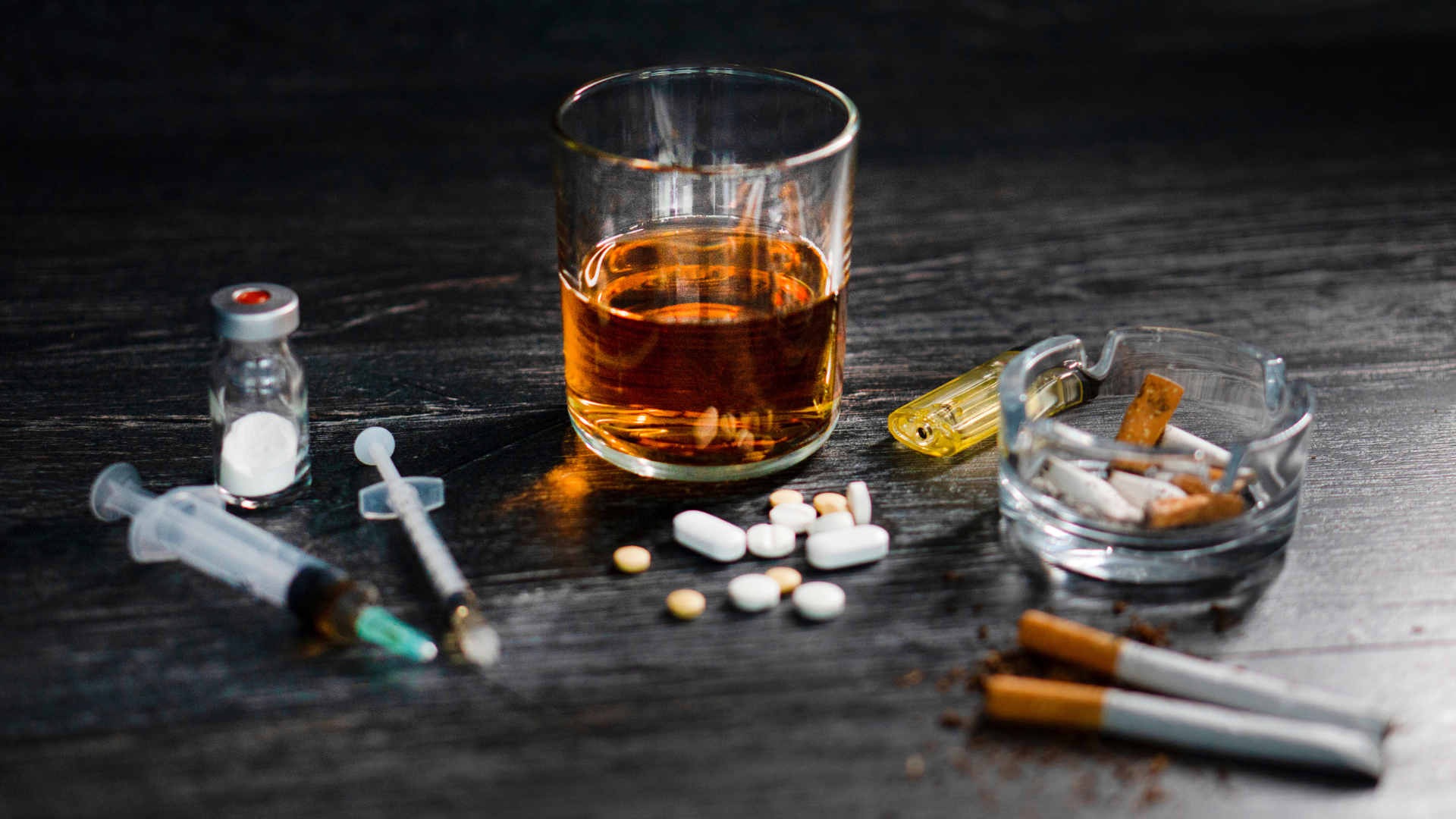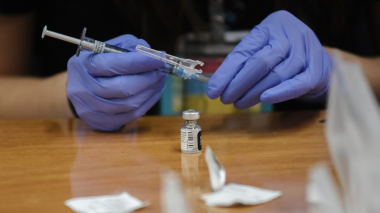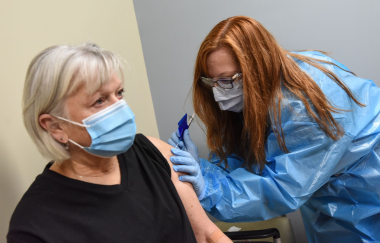Because of the COVID-19 pandemic, baseball season is on hold, the Olympics are postponed, and soccer games have been canceled around the globe. As sports fans know, some of the most prominent public figures who were exposed to COVID-19 in its early stages included famous basketball players. Professional athletes, weekend warriors, and sports fanatics all hope for a return to sports. Until now, there’s been no standard of care for athletes who have been infected with COVID-19 and want to resume playing sports – but there are factors that athletes, and the doctors who treat them, need to be aware of before resuming play.
The American College of Cardiology (ACC) Sports and Exercise Council, a group of individuals who are part of the American College of Cardiology, recently came together to issue recommendations for return to play in athletes who have suffered from COVID-19. Dermot Phelan, MD, PhD, the Director of the Sports Cardiology Center of Atrium Health’s Sanger Heart & Vascular Institute and member of the ACC American Sports and Exercise Cardiology Council, was the lead author on the paper A Game Plan for the Resumption of Sport and Exercise After Coronavirus Disease 2019 (COVID-19) Infection, which was just published in JAMA Cardiology.
What’s the connection between COVID-19 and the heart?
According to Dr. Phelan, “COVID-19 can affect the heart muscle. We have data from hospitalized patients that show between seven and 33% of people will have some cardiac injury after getting COVID-19. This can take different forms, but one of the complications is myocarditis, where the virus actually gets into the heart muscle itself. This can range from a benign condition, which resolves quickly, to a very serious condition. In that case, during the active infection phase, exercise actually makes the condition [myocarditis] worse.” “Right now, unfortunately, there is not data available that shows how many people in the general population actually develop myocarditis when they get COVID-19,” explains Dr. Phelan. Most people who do get COVID-19 are mildly symptomatic or even asymptomatic. “Athletes who have mild symptoms of COVID-19 should exercise caution – and seek out the recommended testing outlined in JAMA Cardiology,” points out Dr. Phelan.
What are the symptoms of cardiac issues in those who have had COVID-19?
Some of the symptoms that people who had COVID-19 and cardiac involvement may experience include chest pain and shortness of breath. “Many of the symptoms also overlap with non-cardiac symptoms for people who've experienced COVID-19,” explains Dr. Phelan. “Given that information, the council feels that being more aggressive in terms of testing is prudent in this early stage as medical experts continue to understand the disease a little bit more.”
What are some of the potential effects of myocarditis?
Myocarditis can cause abnormal rhythms of the heart. Dr. Phelan says, “If we look at athletes who have died suddenly, up to 25 percent of those athletes had myocarditis at some point. That makes that heart muscle more likely to go into an abnormal and dangerous heart rhythm that can result in sudden cardiac death. With COVID-19, we're seeing a higher effect on the heart muscle when we compare it to other viruses like the influenza virus. That's why we're being more conservative in terms of our recommendations for return to play.” Professional athletes who have had mild symptoms or definitive COVID-19 symptoms should get checked out by a physician before being permitted to play sports again.
How can doctors diagnose heart conditions in athletes who had COVID-19?
“Cardiac testing plays a key role here. That means checking biomarkers using high-sensitivity troponin to see if there was damage to the heart muscle, doing an ECG (electrocardiogram), and doing an ultrasound or an echocardiogram to look at the heart muscle and make sure that there's no impact on the heart,” explains Dr. Phelan. These guidelines are conservative and may change as more data and information becomes available.
If there's any question of damage to the heart, the next step in the testing process would be a cardiac MRI. Dr. Phelan says, “That’s an even more sophisticated test where we can see if there are areas of damage to the heart muscle; we can look at the function of the heart and also discover if there is any scar tissue built up in the heart.”
What else will need to happen in order for professional sports to resume in the U.S. and around the world?
“For now, we need to be cautious,” advises Dr. Phelan. “For athletes who are highly competitive and who have suffered from COVID-19, the council’s recommendation is that medical teams utilize cardiac testing, which would include high-sensitivity troponin, an electrocardiogram and an echocardiogram before allowing that athlete to return to high-level competitive sports.”
“A full return to sports is going to be dictated by evolving public health policy, including whether we're able to do antibody and antigen testing on large groups of the population, says Dr. Phelan. “Before we can get to the point of play, we have to make sure that we're doing that in a very safe fashion, including minimizing the risk of transmission of COVID-19 to other players and making sure those who have had it don’t have any resulting cardiac issues.”
Stay informed with all of Atrium Health’s latest coronavirus updates by visiting AtriumHealth.org/Coronavirus



